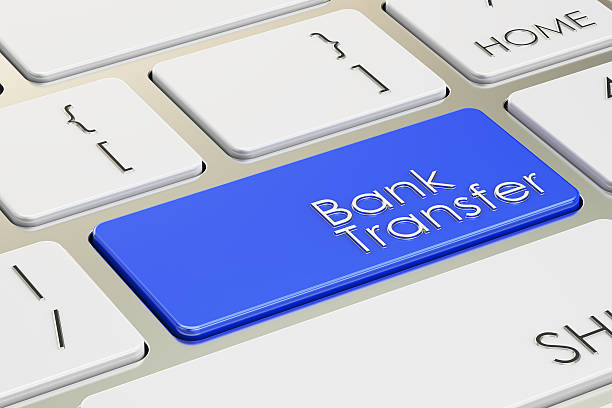A valid routing number is essential for several reasons:
Accurate Transactions: Accurate routing numbers ensure that your financial transactions are processed smoothly. Incorrect routing numbers can lead to delays, returned payments, or even lost funds.
Fraud Prevention: Verifying routing numbers helps protect against scams and fraud. Fraudsters may attempt to use fake routing numbers to deceive individuals into transferring funds to unauthorized accounts.
Compliance and Security: Using valid routing numbers ensures that your transactions comply with legal and security regulations. Financial institutions often use routing numbers to validate transactions and prevent money laundering and other illegal activities.
Methods to Verify a Routing Number
Contact Your Bank: The simplest and most reliable way to verify a routing number's validity is to contact your bank directly. Reach out to their customer service department via phone or visit a local branch to confirm the accuracy of the routing number you have.
Use the ABA's Official Lookup Tool: The American Bankers Association (ABA) offers an online lookup tool on their website. This tool allows you to search for routing numbers by financial institution name, location, or other criteria. However, be cautious when using unofficial sources to access this tool, as scammers might create fake websites to deceive users.
Check Online Banking Portals: If you have access to online banking, you can often find routing number information within your account portal. Always ensure you're using the official website of your bank to access this information.
Use the Federal Reserve E-Payments Routing Directory: The Federal Reserve provides an E-Payments Routing Directory that contains routing number information for financial institutions. This resource can be helpful for verifying the authenticity of routing numbers.
Avoid Unverified Sources: Be wary of relying on information from unverified sources or third-party websites. Scammers might create fake routing number databases to deceive users and commit fraud.
Double-Check Information: When you receive a routing number from someone else, double-check the accuracy of the information with your bank before initiating any transactions.
Conclusion
Verifying the validity of a routing number before using it for financial transactions is a fundamental step in ensuring the security and accuracy of your money transfers. The methods mentioned in this blog post, such as contacting your bank directly or using official resources, can help you confirm the legitimacy of a routing number. By staying vigilant and taking these precautions, you can protect yourself from potential errors, fraud, and financial risks.
Frequently asked questions (FAQs) related to bank routing numbers and bank routing information:




